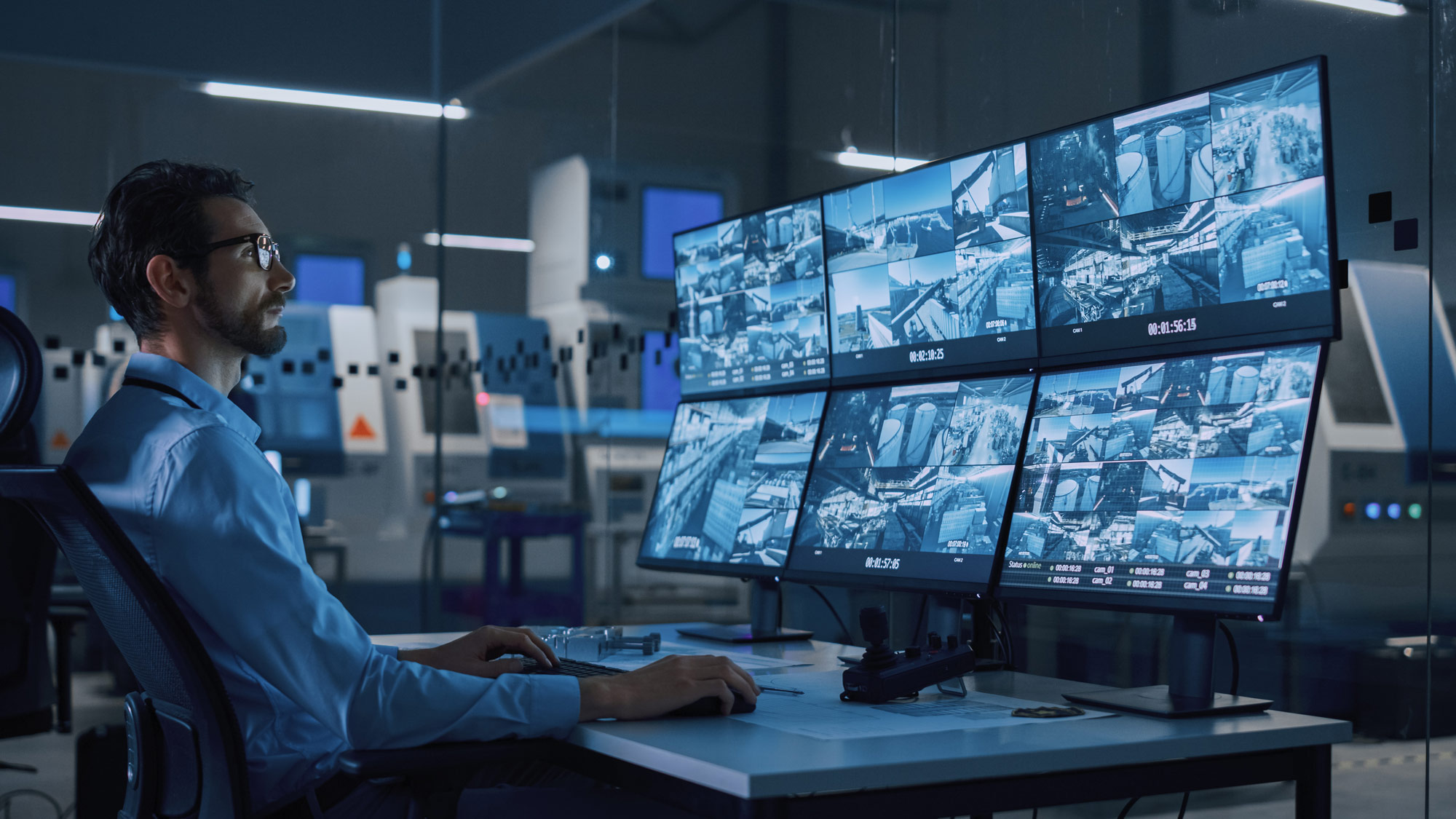
Do employee tracking technologies violate labor laws?
There are countless workplace technologies available to companies that enable them to track employees for various purposes. For example, many employers have GPS devices on company vehicles so they can track how efficiently deliveries are being made. But does the use of such technology violate labor law? Based on a new memo from the National Labor Relations Board’s (NLRB) general counsel, the answer could soon be “yes” in many cases.
The Facts
According to an NLRB press release issued on Halloween: “The General Counsel will urge the [NLRB] to adopt a new framework for protecting employees from employers’ abuse of technology by holding that an employer has presumptively violated the Act where an employer’s surveillance and management practices, viewed as a whole, would tend to interfere with or prevent a reasonable employee from engaging in activity protected by the Act.”
The press release goes on to say, “If the employer’s business need outweighs employees’ Section 7 rights, unless the employer demonstrates that special circumstances require covert use of the technologies, she will urge the Board to require the employer to disclose to employees the technologies it uses to monitor and manage them, its reasons for doing so, and how it is using the information it obtains.”
The memo states employer use of such technologies in many instances could tend to chill protected activity by workers, such as discussions about the possibility of forming a union. The general counsel seems to want to restrict the use of these types of devices completely, unless an employer can show their desired results can’t be achieved in the absence of their use. And when a company can justify their use, it must then make a disclosure to the employees.
What would need to be included in the disclosure? Per the memo, the employer would need to specify:
- The technology it is using to track or monitor the workers (e.g., smartwatches, truck GPS devices, etc.);
- The basis/rationale as to why the monitoring is needed (e.g., enhancing production); and
- The purpose for which the data derived from the devices is used (e.g., tracking progress to production targets).
As of now, this memo only signals what the current general counsel would like to be the law in this context. To make such a change, the NLRB would need to issue a ruling in a case adopting this proposed standard or engage the administrative rulemaking process.
If this becomes law, employers should consider instituting a policy to make these disclosures in writing and include sufficient detail to meet the standard articulated by the NLRB general counsel. A policy like this would need to be updated from time to time as new technologies are adopted in the workplace.
Bottom Line
Any employer—both union and non-union alike—who currently uses (or is contemplating using) technology that monitors employees may be up against a heightened standard in front of the NLRB that may render such devices unlawful in the absence of special circumstances. This is something all employers should watch because if this becomes the law, it will drastically limit how and when these types of technologies can be used in the workplace.



